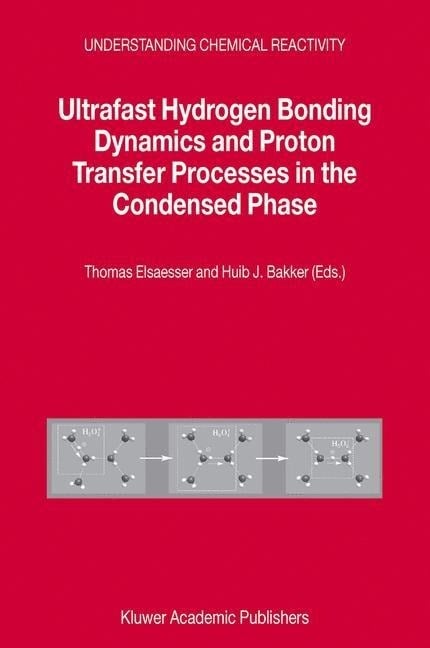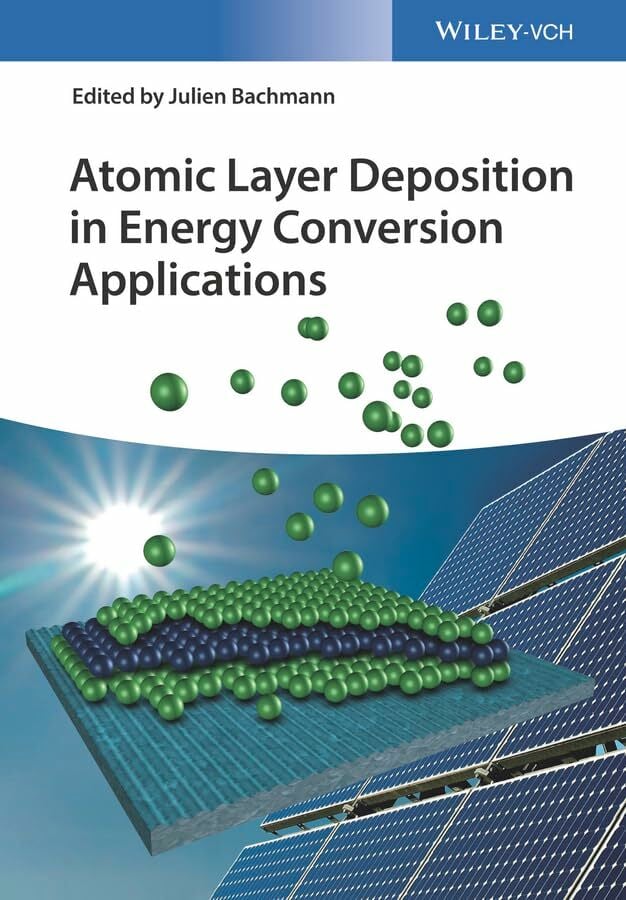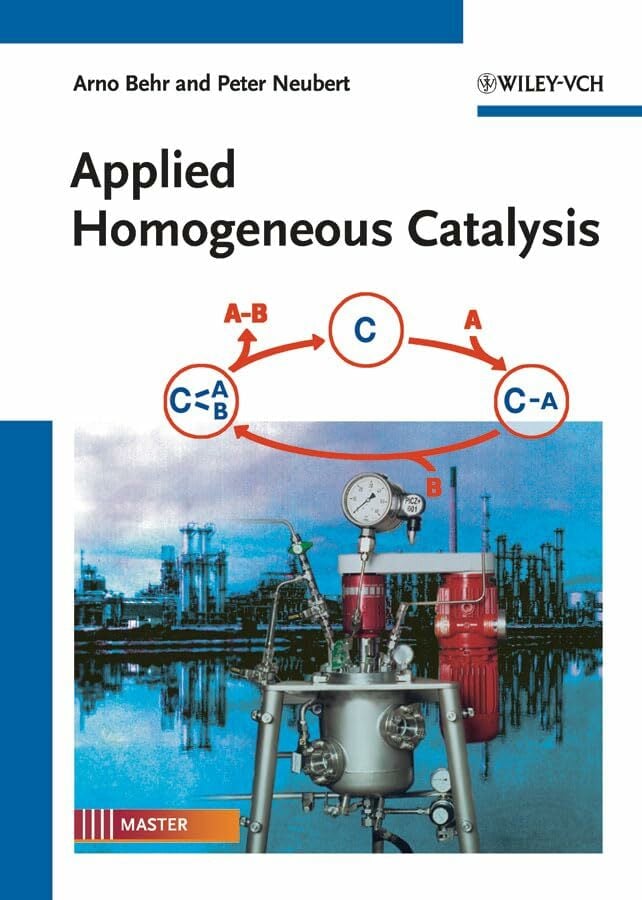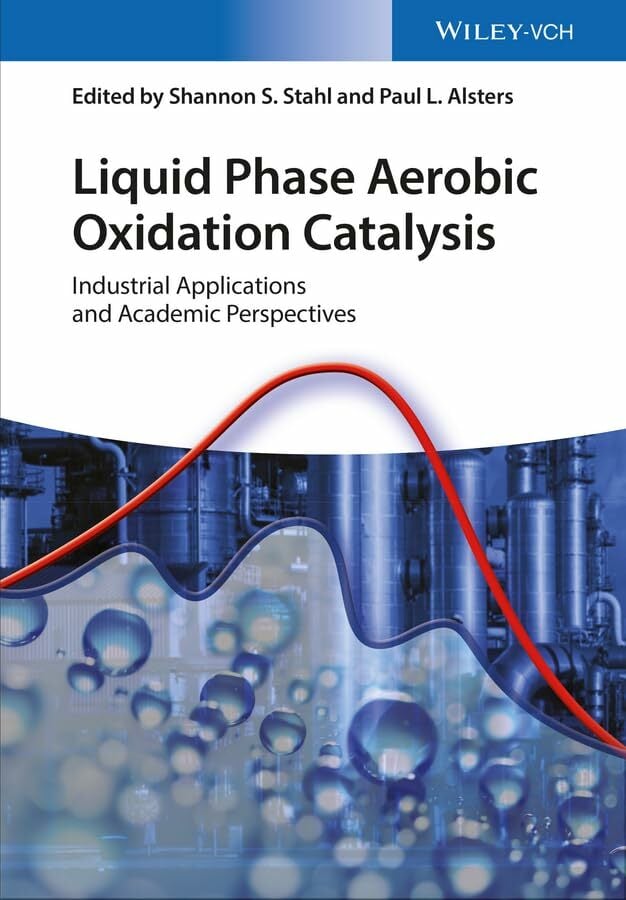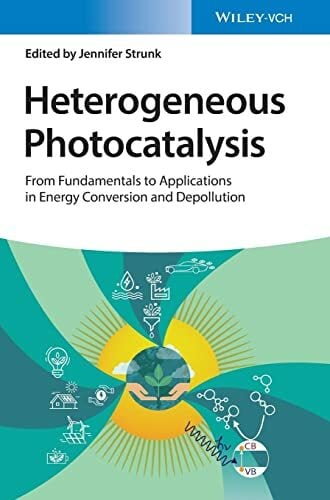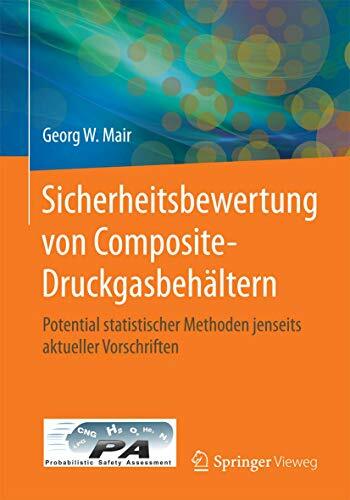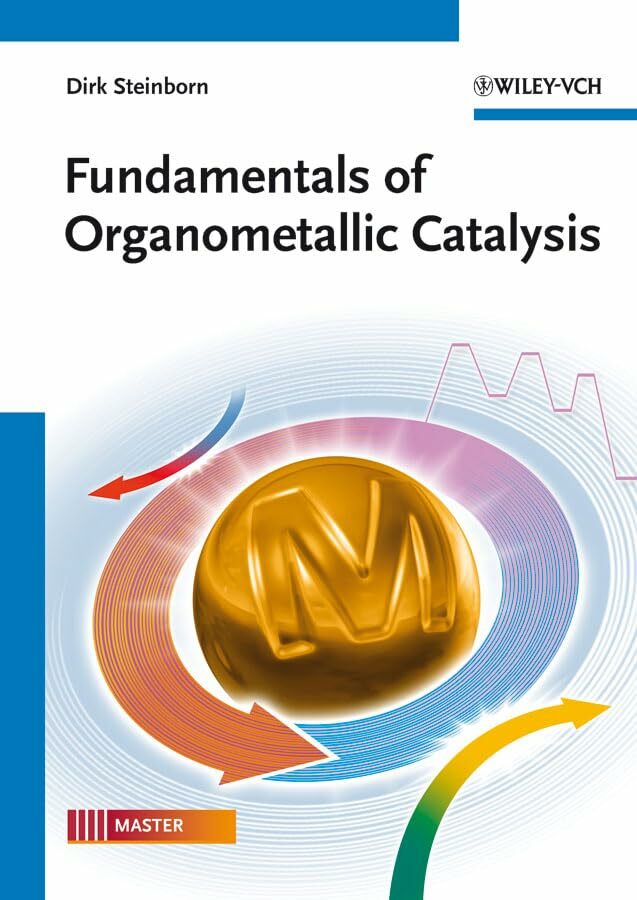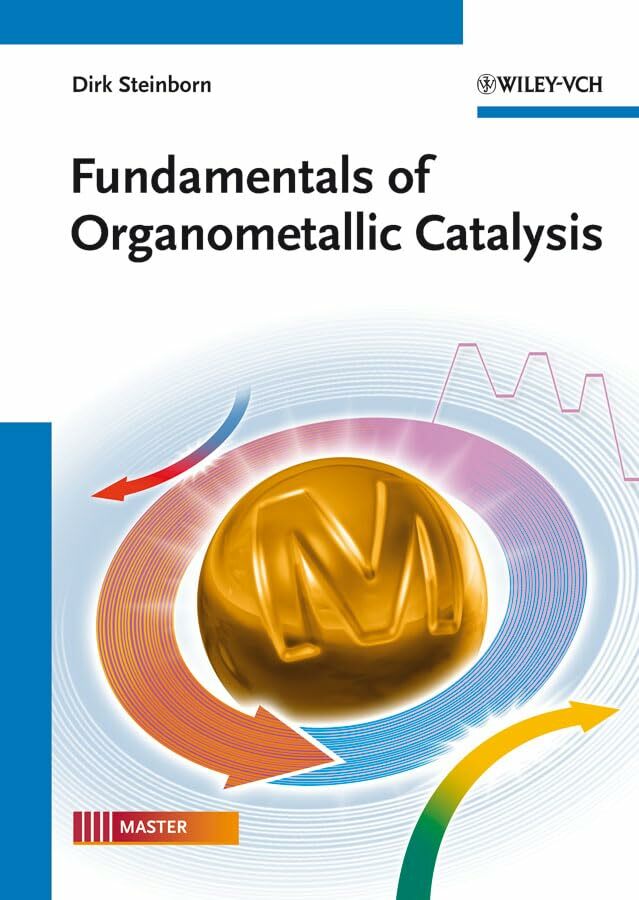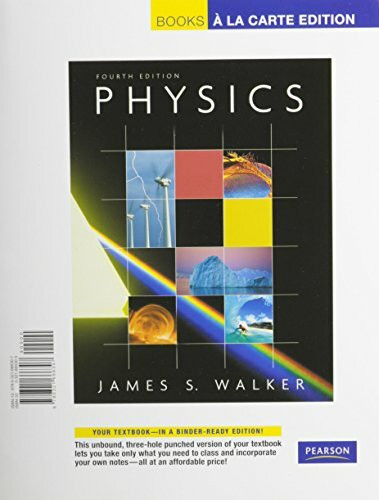
Corrosion Protection against Hydrogen
Kurzinformation
inkl. MwSt. Versandinformationen
Artikel zZt. nicht lieferbar
Artikel zZt. nicht lieferbar

Beschreibung
"Corrosion Protection against Hydrogen" von Roman Bender ist ein Fachbuch, das sich mit den Herausforderungen und Lösungen im Bereich des Korrosionsschutzes in Wasserstoffumgebungen befasst. Wasserstoff als Energieträger gewinnt zunehmend an Bedeutung, doch seine Nutzung bringt spezifische technische Herausforderungen mit sich, insbesondere hinsichtlich der Materialbeständigkeit. Das Buch bietet einen umfassenden Überblick über die Mechanismen der Wasserstoff-induzierten Korrosion und deren Auswirkungen auf verschiedene Materialien. Es behandelt sowohl theoretische Grundlagen als auch praktische Ansätze zur Vermeidung von Schäden durch Wasserstoffversprödung und andere korrosive Prozesse. Roman Bender diskutiert verschiedene Schutzstrategien, darunter die Auswahl geeigneter Materialien, Beschichtungen und inhibitorischer Techniken. Zudem werden aktuelle Forschungsergebnisse und technologische Entwicklungen vorgestellt, die darauf abzielen, die Lebensdauer und Sicherheit von Anlagen in wasserstoffreichen Umgebungen zu erhöhen. Insgesamt richtet sich das Buch an Ingenieure, Wissenschaftler und Fachleute aus der Industrie, die sich mit dem Design und Betrieb von Systemen beschäftigen, die in Kontakt mit Wasserstoff stehen. Es dient sowohl als Leitfaden für Praktiker als auch als Referenzwerk für Forscher auf diesem Gebiet.
Produktdetails

So garantieren wir Dir zu jeder Zeit Premiumqualität.
Über den Autor
Michael Schütze, born in 1952, studied materials sciences at the University of Erlangen-Nürnberg from 1972 to 1978, then joined the Karl Winnacker Institute of the DECHEMA as a research associate. He received his doctorate in engineering sciences from the RWTH (Technical University) in Aachen in 1983, completed his habilitation in 1991, becoming a member of the external teaching staff of the RWTH. Since 1998, he holds a professorship there. He was appointed director of the Karl Winnacker Institute in 1996 and Chairman of the executive board of DECHEMA Forschungsinstitut in 2012. He is recipient of the Friedrich-Wilhelm-Prize, the Rahmel-Schwenk medal, the Otto-von-Guericke Prize, the Cavallaro medal, and the U.R. Evans Award, past Chairman of the Gordon Conference on Corrosion, editor of the journal Materials and Corrosion, Past-President of the European Federation of Corrosion, Past-President of the World Corrosion Organization and Chairman of the Working Party Corrosion by Hot Gases and Combustion Products of the European Federation of Corrosion. Günter Schmitt, born in 1942, studied chemistry at the Universities of Cologne and Aachen from 1962 to 1967 and received his doctorate in chemistry in 1971 and his habilitation in Technical Chemistry in 1978 at the Aachen University of Technology (RWTH). In 1983 he was appointed Professor for Chemical Engineering at the University of Bochum. In 1986 he was appointed Professor for Corrosion Protection Engineering at the Iserlohn University of Applied Sciences and became a member of the external teaching staff at the Institute of Technical Chemistry, RWTH. Since 2005 he is one of two CEOs of the Institute for Maintenance and Corrosion Protection Technology in Iserlohn. He is recipient of the Rahmel-Schwenk-Medal and the European Corrosion Medal, Past-President of the German Society for Corrosion Protection (GfKORR), Chairman of the Working Party Corrosion and Scale Inhibition of the European Federation of Corrosion, and Fellow of NACE International. Roman Bender, born in 1971, studied chemistry at the Justus Liebig University of Giessen from 1992 to 1997. After he received his diploma he joined the Karl Winnacker Institute of the DECHEMA in Frankfurt (Main) as a research associate. Since 2000 he is head of the group materials and corrosion at the DECHEMA and editor in chief of the world?s largest corrosion data collection, the DECHEMA Werkstofftabelle, and the Corrosion Handbook. In 2001 he received his doctorate in natural sciences from the Technical University of Aachen (RWTH Aachen). In 2008 Dr. Bender was appointed chief executive officer of the GfKORR - The Society for Corrosion Protection. As well, in 2013 he has been appointed as the Scientific Secretary of the European Federation of Corrosion (EFC).

- Gebunden
- 437 Seiten
- Erschienen 2020
- Wiley-VCH
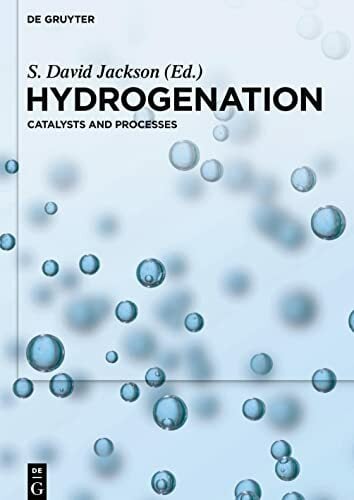
- hardcover
- 203 Seiten
- Erschienen 2018
- De Gruyter
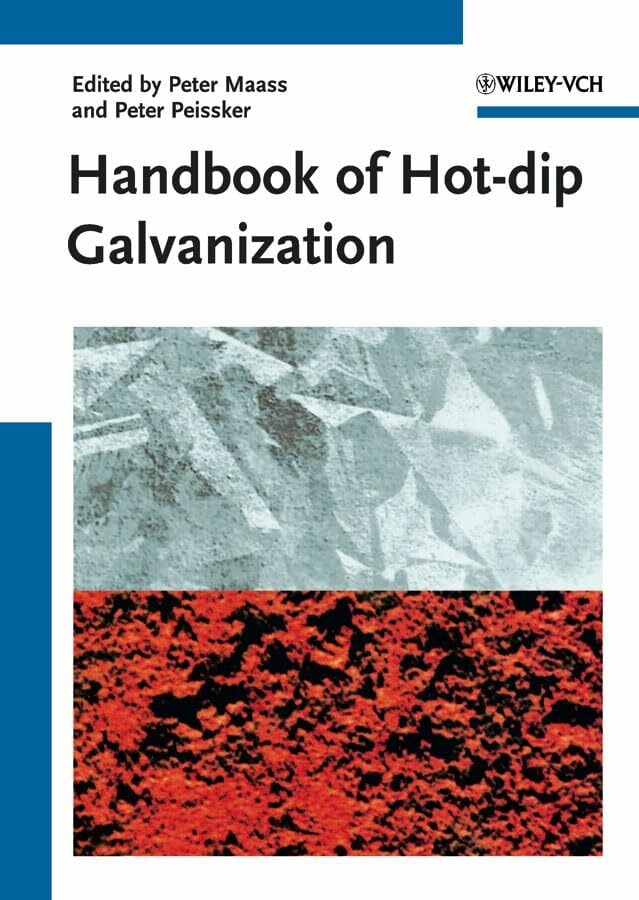
- hardcover
- 494 Seiten
- Erschienen 2011
- Wiley-VCH

- Gebunden
- 418 Seiten
- Erschienen 2022
- Wiley-VCH

- hardcover
- 240 Seiten
- Erschienen 1990
- Springer

- Gebunden
- 207 Seiten
- Erschienen 2021
- Wiley-VCH

- Kartoniert
- 156 Seiten
- Erschienen 2014
- Springer

- Gebunden
- 346 Seiten
- Erschienen 2008
- Wiley-VCH
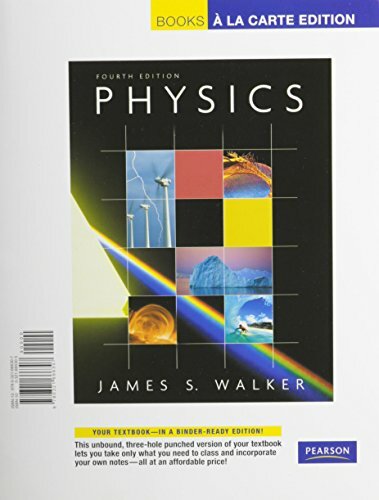
- hardcover
- 408 Seiten
- Erschienen 2013
- Wiley-VCH

- paperback
- 182 Seiten
- Erschienen 2005
- Shaker

- Gebunden
- 427 Seiten
- Erschienen 2006
- Wiley-VCH
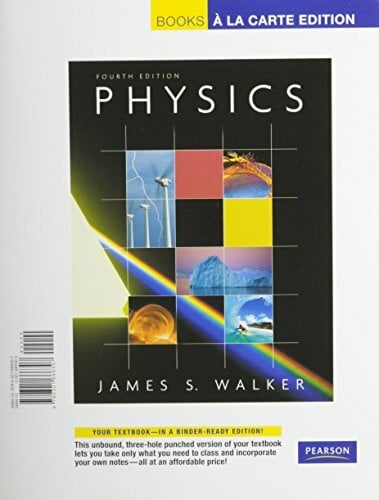
- Gebunden
- 688 Seiten
- Erschienen 2012
- Wiley-VCH

- Gebunden
- 398 Seiten
- Erschienen 2021
- Wiley-VCH
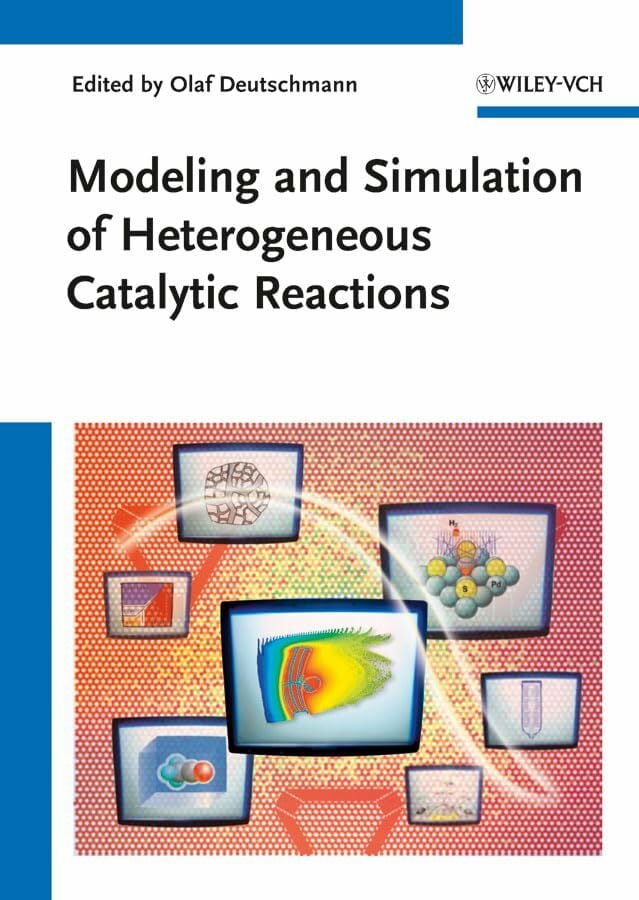
- Gebunden
- 354 Seiten
- Erschienen 2011
- Wiley-VCH







